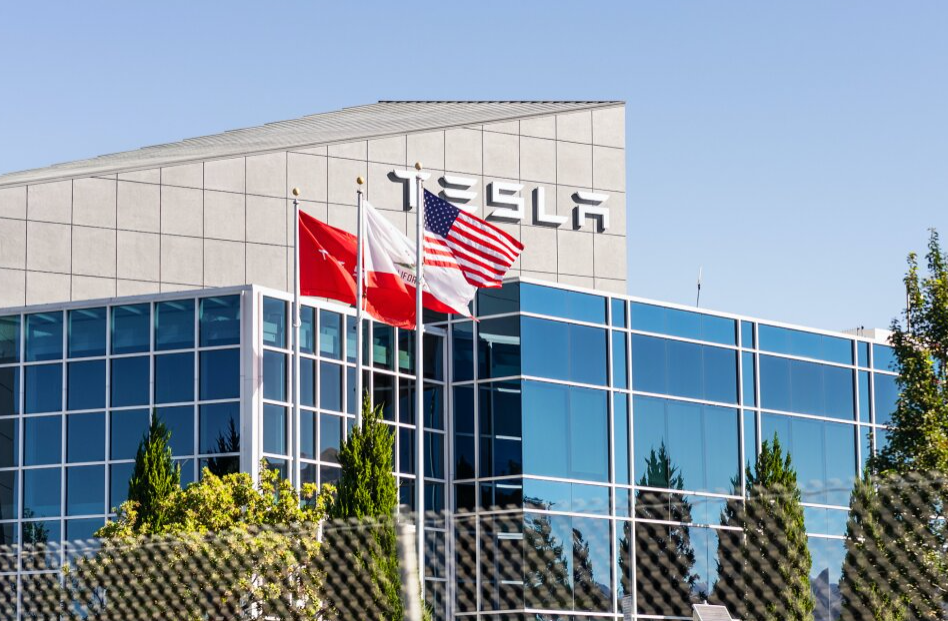8 Stock Market Winners and Losers From DOGE Cuts
- quinnvaras
- Mar 5
- 3 min read

The creation of the Department of Government Efficiency (DOGE) under President Donald Trump's second administration has set off a wave of changes in federal spending. Led by Tesla Inc. (TSLA) CEO Elon Musk, DOGE is focused on streamlining government operations and reducing taxpayer costs through aggressive budget cuts. While these cuts aim to improve efficiency, they also have significant implications for companies reliant on government contracts.
Below is a look at some of the biggest winners and losers from DOGE’s federal spending overhaul.
Loser: Tetra Tech Inc. (TTEK)
Tetra Tech specializes in consulting and engineering services, particularly in environmental, water, renewable energy, and infrastructure projects. The company has secured substantial government contracts through the U.S. Agency for International Development (USAID), which provides billions in humanitarian aid overseas. However, Musk has labeled USAID a "criminal organization," leading DOGE to cancel over $125 million in Tetra Tech contracts. With the agency’s future in doubt, Tetra Tech’s reliance on government contracts places its prospects in jeopardy.
Winner: Palantir Technologies Inc. (PLTR)
Palantir Technologies, a leading AI-driven data analytics firm, has historically depended on government contracts, with U.S. government revenue comprising 41% of its total earnings. Given DOGE’s emphasis on operational efficiency, Palantir aligns well with the administration's goals. Bank of America analyst Mariana Perez Mora notes that Palantir’s software streamlines data processing and decision-making, making it a key asset in the government’s tech-focused cost-cutting measures. As a result, Palantir could see increased demand for its services.
Loser: Science Applications International Corp. (SAIC)
Science Applications International provides enterprise IT and engineering services across multiple government agencies, including the Department of Defense, NASA, the Department of Homeland Security, and others. With roughly 1,800 active government contracts, SAIC faces significant risk from DOGE’s spending reductions. While its focus on cybersecurity and analytics aligns with some government priorities, the sheer number of contracts at risk has led CFRA analyst Caydee Blankenship to issue a "sell" rating for SAIC due to uncertainty about future revenue.
Winner: Wells Fargo & Co. (WFC)
Wells Fargo, one of the largest U.S. banks, stands to benefit from DOGE’s push for deregulation, particularly its initiative to shut down the Consumer Financial Protection Bureau (CFPB). Established after the 2008 financial crisis to protect consumers from predatory lending, the CFPB has been a thorn in Wells Fargo’s side, imposing penalties and restrictions, including a Federal Reserve asset cap in 2018. The potential dissolution of the CFPB would ease regulatory burdens on banks, making Wells Fargo a beneficiary of DOGE’s policies.
Loser: Leidos Holdings Inc. (LDOS)
Leidos is a major player in the defense and intelligence sector, securing government contracts for cybersecurity, aviation, and defense projects. With DOGE prioritizing spending reductions, non-essential defense programs may face cutbacks, placing pressure on Leidos’ revenue streams. If major contracts are slashed, Leidos could struggle to maintain its current growth trajectory.
Winner: Booz Allen Hamilton Holding Corp. (BAH)
Booz Allen Hamilton specializes in management consulting, analytics, and AI-driven decision-making for the federal government. Unlike other defense contractors, Booz Allen’s expertise in automation and efficiency makes it a valuable asset for DOGE’s cost-cutting initiatives. Analysts suggest that increased demand for AI-driven government solutions could benefit Booz Allen, positioning it as a winner in the restructuring of federal operations.
Loser: Lockheed Martin Corp. (LMT)
As one of the largest defense contractors, Lockheed Martin faces significant challenges under DOGE’s mandate. While military spending has historically been a priority, Trump’s administration has signaled interest in restructuring Pentagon expenditures. With the potential for reduced contract spending on major defense projects, Lockheed Martin may see slower growth or even contract cancellations that impact its bottom line.
Winner: Tesla Inc. (TSLA)
Tesla, the company led by DOGE’s architect, Elon Musk, is poised to benefit from potential federal incentives targeting electric vehicle adoption and infrastructure improvements. If DOGE reallocates funds to support sustainable energy and electric vehicle production, Tesla could see an influx of government contracts or subsidies, further strengthening its market position.
Conclusion
DOGE’s aggressive spending cuts will reshape the financial landscape for many industries. While companies like Palantir, Wells Fargo, Booz Allen, and Tesla stand to benefit from deregulation and tech-driven efficiencies, others such as Tetra Tech, SAIC, Leidos, and Lockheed Martin face uncertain futures. Investors should closely monitor policy developments to assess the long-term implications of DOGE’s initiatives on affected sectors.







Comments